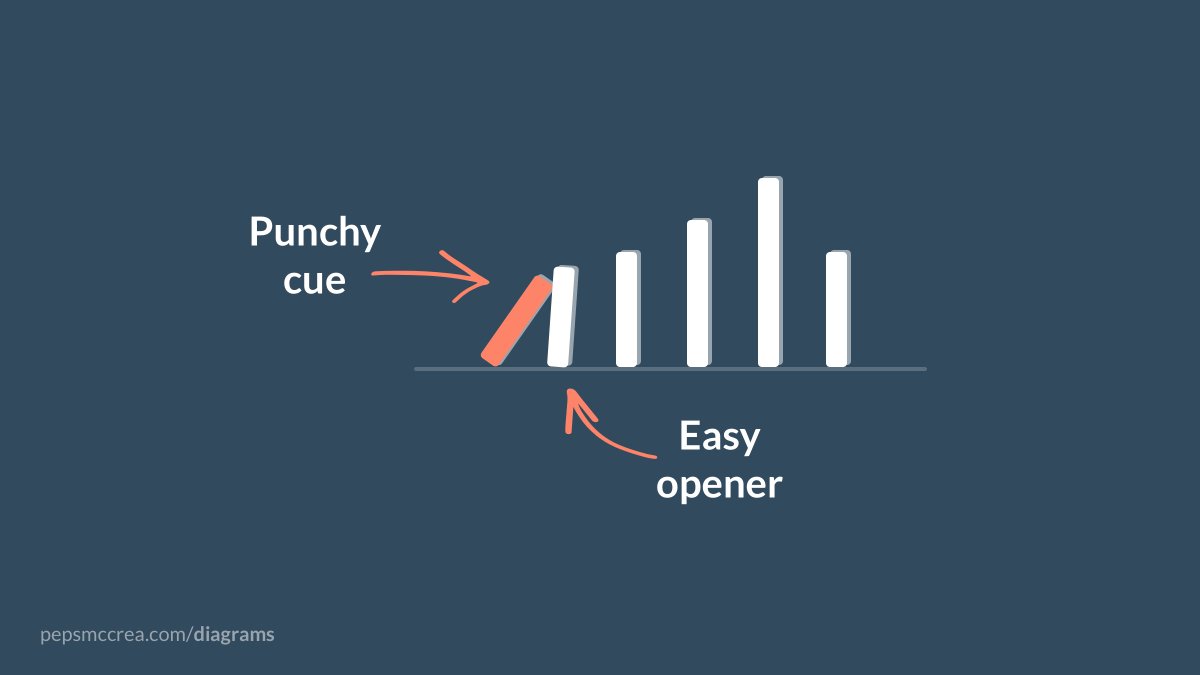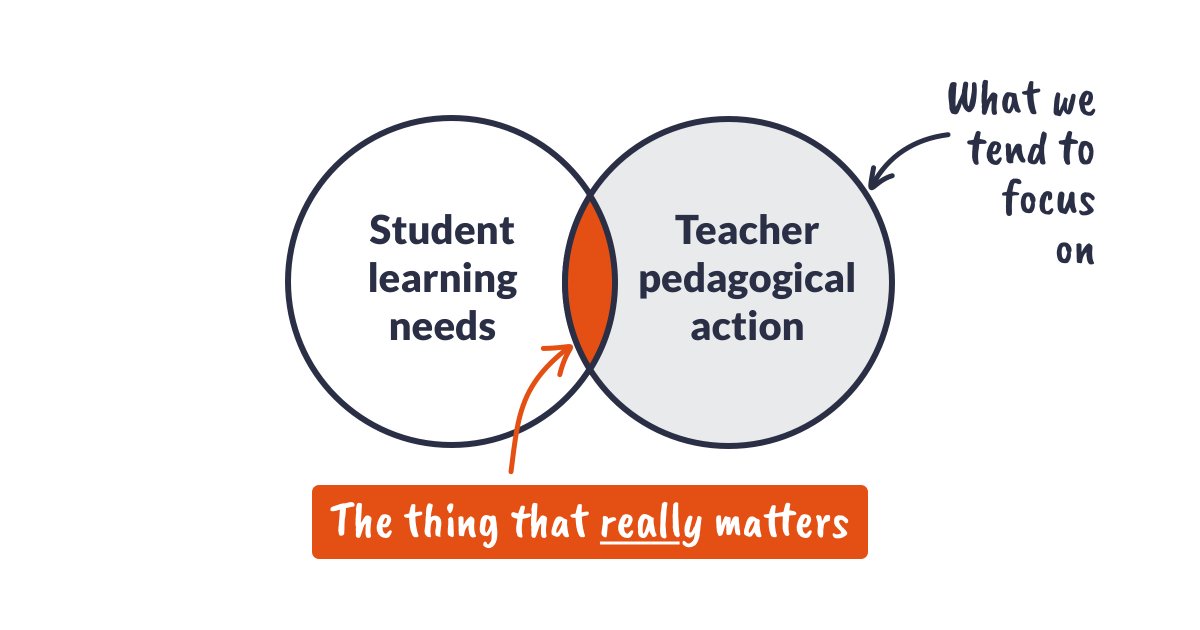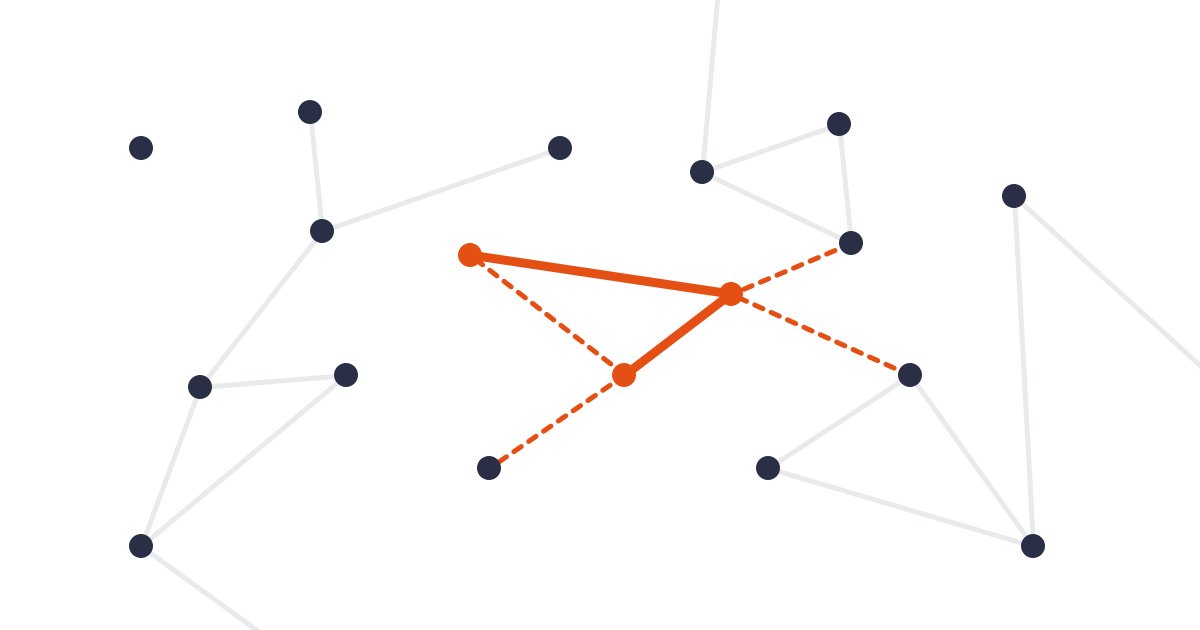Two things often overlooked when establishing routines:
1. Design of the cue
2. Effort of the initial action
🧵...
1. Design of the cue
2. Effort of the initial action
🧵...

Routines can be powerful tools for learning. But they take time and effort to establish.
It's well known that routines require multiple repetitions to automate, but this is only one of the factors that influences success.
It's well known that routines require multiple repetitions to automate, but this is only one of the factors that influences success.
https://twitter.com/PepsMccrea/status/1414283359321198595
The cue that kickstarts a routine is also critical (see linked 🧵). Effective cues are:
Distinct → So they don't get mixed up with other routines
Multi-modal → They combine noise/speech with action/position
Punchy → They are quick and impactful
Distinct → So they don't get mixed up with other routines
Multi-modal → They combine noise/speech with action/position
Punchy → They are quick and impactful
https://twitter.com/drbengardner/status/1401668230347997189
Also important is the initial action required by the routine. The easier this is, the more chance your students will get off the blocks.
This micro-investment also builds a sense of commitment that can act as fuel for the rest of the routine 🚀
This micro-investment also builds a sense of commitment that can act as fuel for the rest of the routine 🚀
• • •
Missing some Tweet in this thread? You can try to
force a refresh









